It started like any other emergency call — a panicked voice on the line, claiming danger, pleading for help. Officers responded immediately, racing down the highway with sirens blaring, focused only on one thing: saving lives.
But what they didn’t know was that the call was a lie.
The report turned out to be a case of “swatting” — when someone makes a false 911 call to trigger a large police response. It’s a dangerous and growing trend that has taken hold across the world, often starting as a prank but ending in tragedy.
The officers, acting in good faith, were dispatched to what they believed was a high-risk situation. But during the chaos and confusion, one officer lost his life. His partner, who had served alongside him for years, was left devastated — his emotional breakdown captured in footage that has since spread online as a sobering reminder of what these false calls can cause.
Law enforcement experts warn that this kind of misuse of emergency systems has become alarmingly common. Each fake call puts not only officers but innocent civilians at risk — stretching resources, creating panic, and sometimes leading to irreversible loss.
According to the FBI, hundreds of swatting incidents are reported in the U.S. every year. What often begins as a “prank” or an attempt to harass someone can quickly spiral out of control. In several cases, officers responding to fake threats have been injured or worse, and innocent people have been traumatized or killed due to the confusion these calls create.
Emergency operators say the hardest part is distinguishing between real danger and deception — because in those moments, they can’t take chances. “If someone says a life is at risk, we have to respond,” one dispatcher explained. “But every false call endangers everyone involved — responders and community members alike.”
In the aftermath of the incident, the woman responsible for the false report was charged, but the emotional damage remained. The officer’s family and colleagues have since spoken out, urging the public to treat emergency services with respect and responsibility.
“911 is not a toy,” one police chief said at a press conference. “Every time you call, someone risks their life to help you. That’s not something to play with.”
The heartbreaking event has since sparked new legislation across several states, increasing penalties for false emergency calls and swatting. Many communities now consider these acts felonies, punishable by years in prison.
But beyond laws and punishments, the message is simple: truth matters.
A single lie can cause chaos. A single phone call can destroy lives. And the people who respond to those calls — police officers, firefighters, paramedics — deserve to know that when they put on their uniform, they’re walking into real emergencies, not traps.
So before picking up the phone, remember: you’re not just dialing numbers — you’re calling heroes into action.
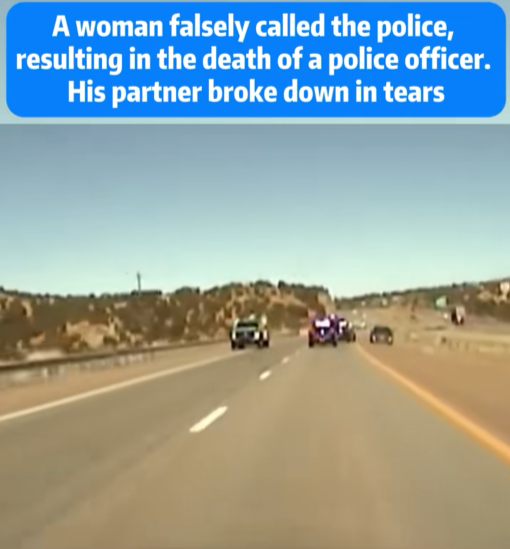
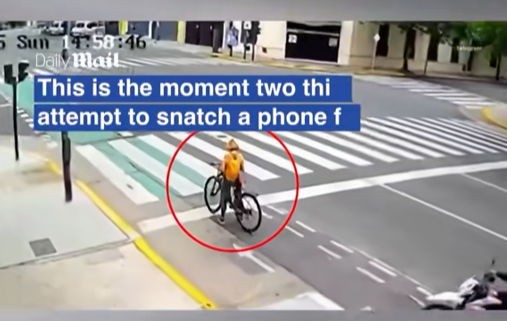
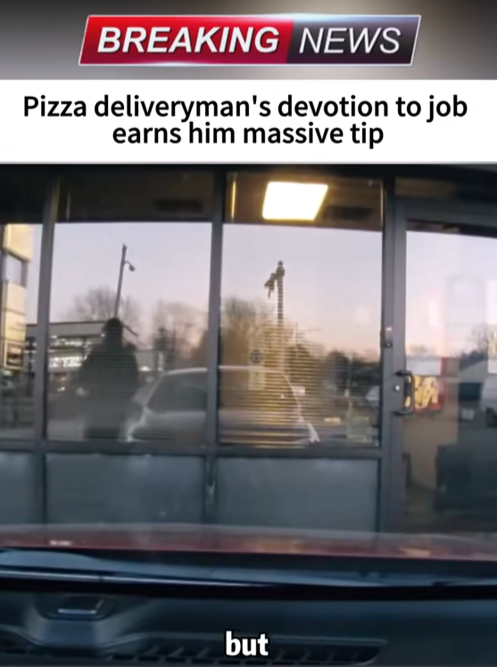



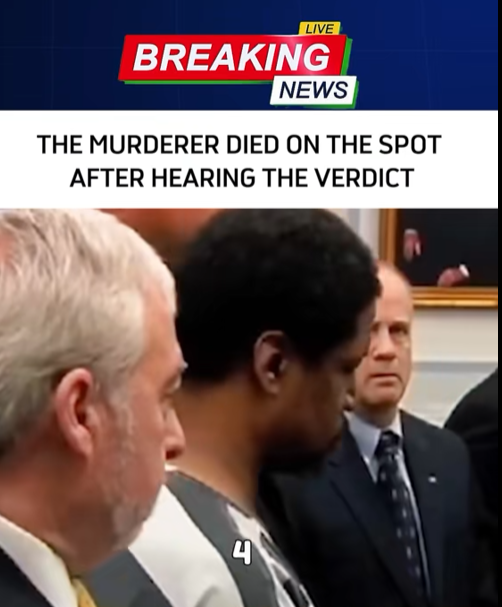
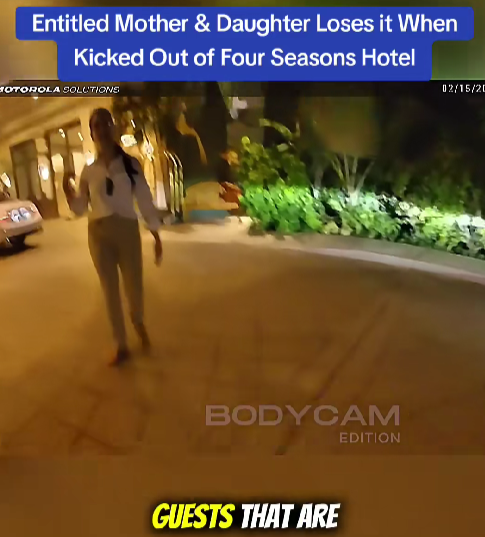
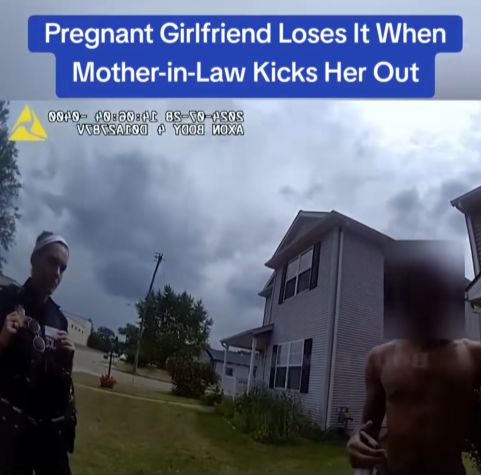
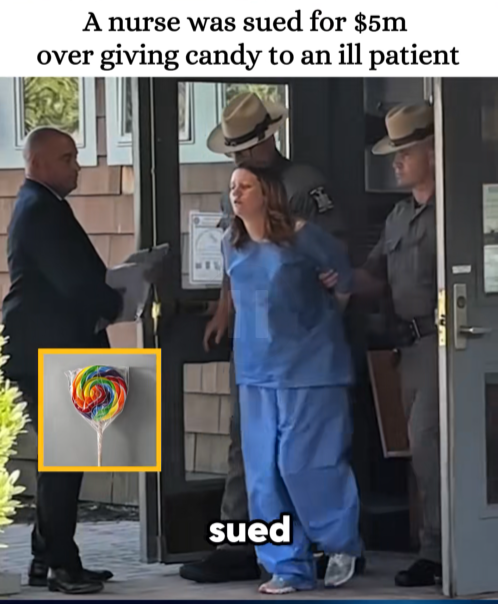

Leave a Reply